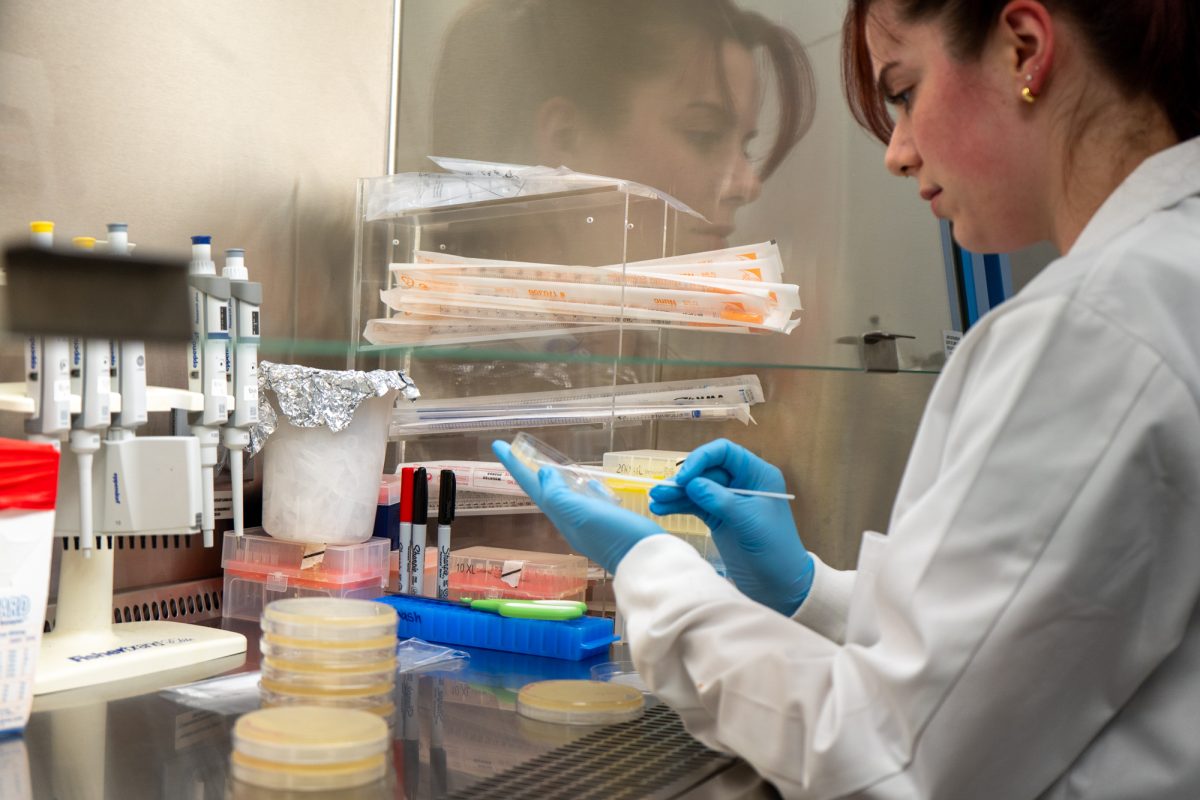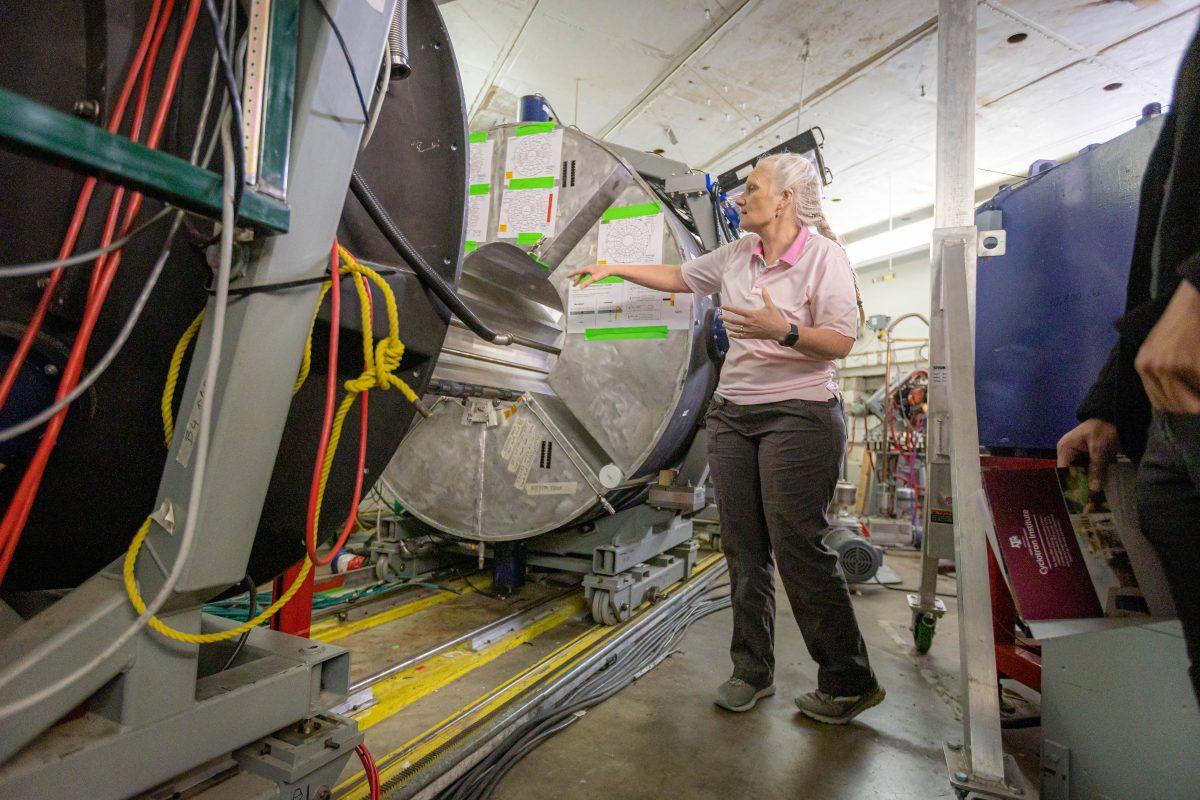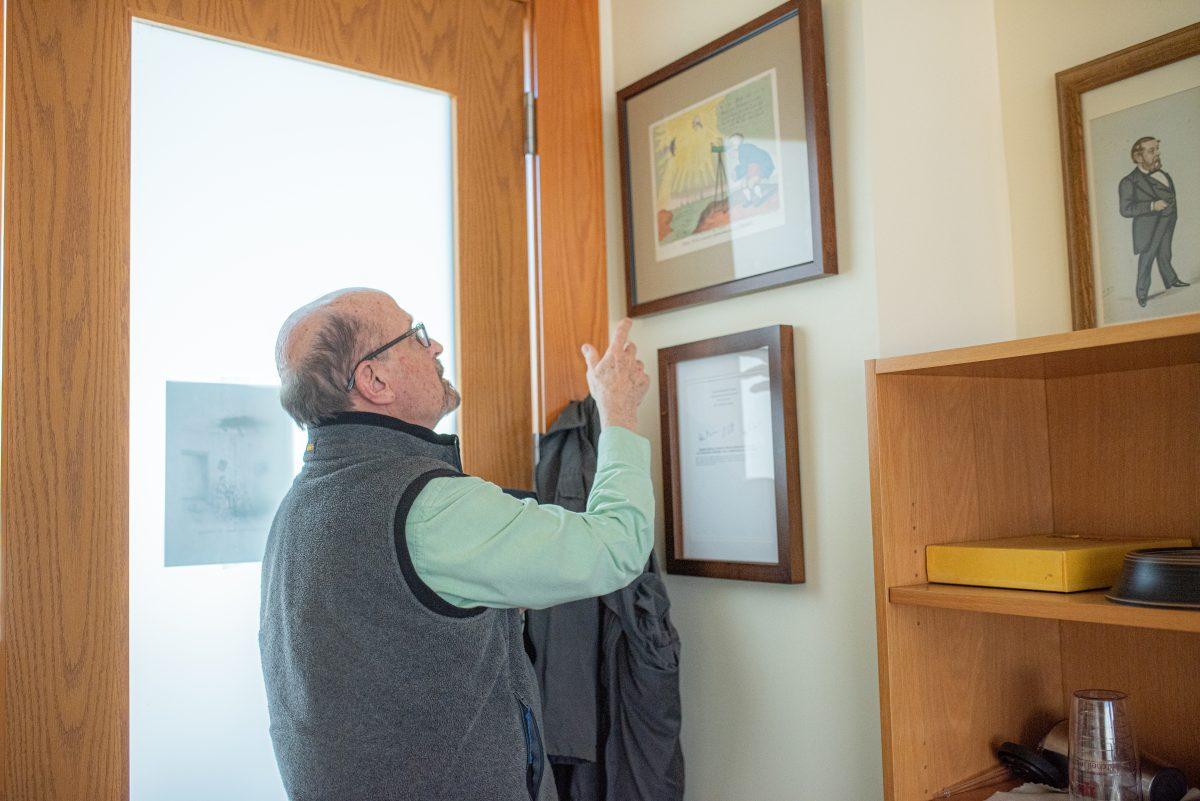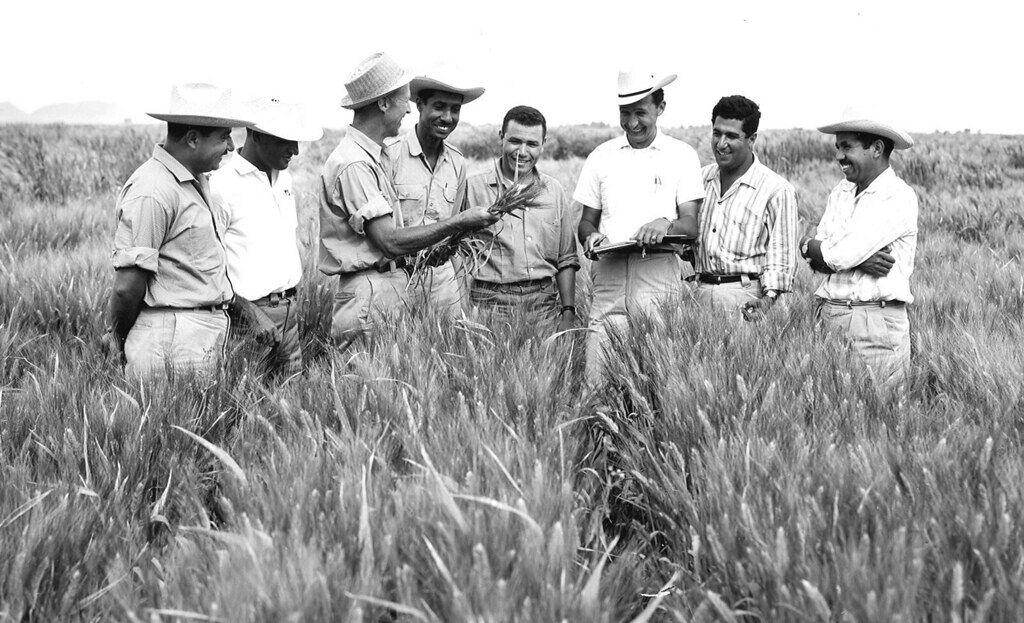Several Texas A&M researchers are working on various innovative applications for Artificial Intelligence (AI), intelligent systems, machine learning and natural language processing technologies.
For instance, computer engineering assistant professor Zhangyang “Atlas” Wang said his group works broadly in the general fields of computer vision, machine learning and multimedia signal processing.
“My research is mainly focused on Artificial Intelligence — machine learning or deep learning — for disease diagnostics, to be more specific, use computational method to predict Alzheimer’s disease,” computer science Ph.D. candidate Ye Yuan, who works with Wang, said. “Other projects in our group include action recognition & privacy preserving, pixelated image abstraction, optimization algorithms for neural network design, etc.”
The end goal of the research, according to Yuan, is to provide a better AI algorithm for detecting and classifying data such as medical scans.
According to another member of Wang’s team, computer science Ph.D. candidate Xiaohan Chen, AI may augment or even outperform even skilled knowledge workers.
“When it comes to AI, deep learning is of interest because you can use machine learning to learn independently and make independent decisions,” Chen said.
However, according to Chen, current machine learning algorithms are only powerful enough to provide limited prediction and classification. Despite technological challenges, they have been proposed as a potential solution for medical diagnostic software, among other uses Chen said.
“It is like it is a black box,” Yuan said. “We don’t know how the black box is working, we just know that we give it input and we get output.”
Their research will give computer scientists a more complete understanding of how machine learning algorithms behave. This will allow for the construction of more efficient, and eventually complex algorithms, according to Chen.
Yuan has been working on different uses for machine learning, including alternative methods of analyzing the properties of various Magnetic Resonance Imaging (MRI) scans using deep learning techniques. This is an Alzheimer’s project involving MRI scans that is conducted in partnership with the Banner Alzheimer’s Institute in Arizona.
“This type of technology is already used for natural language processing,” Chen said. “Google uses it to translate different languages. In this model, what we are trying to do is train the deep learning algorithm to recognize from the MRI scans what looks like Alzheimer’s and what doesn’t.”
As the larger question of what affect these technologies will have on the broader workforce, Chen’s views were more couched, but he did highlight the potential for significant disruption as the technology gained broader adoption. Yuan was more skeptical of the AI job market takeovers common in public ideations on the topic.
“I think as to which occupations will be replaced, I think it will be on a case-by-case basis,” Yuan said. “There are tasks which involve human interaction which are very difficult to replicate, and there are professions like medicine where you would still need the doctor to interpret the output of the [machine learning] models.”
How artificial intelligence will affect opportunity
December 10, 2017
0
Donate to The Battalion
Your donation will support the student journalists of Texas A&M University - College Station. Your contribution will allow us to purchase equipment and cover our annual website hosting costs.
More to Discover







